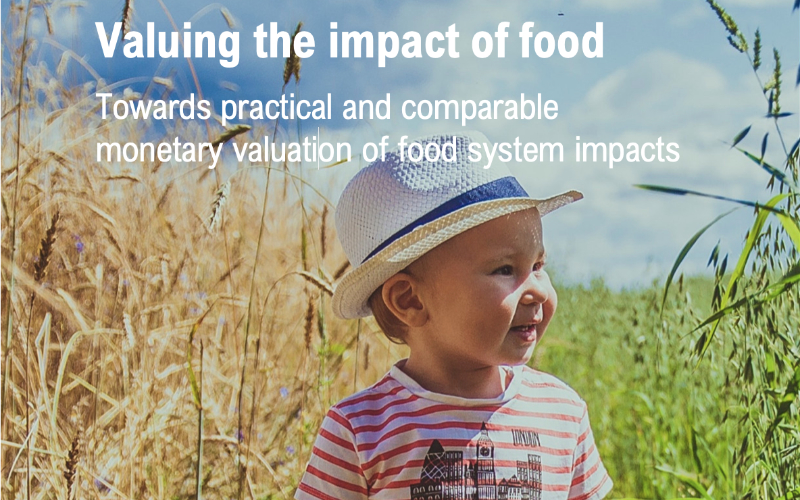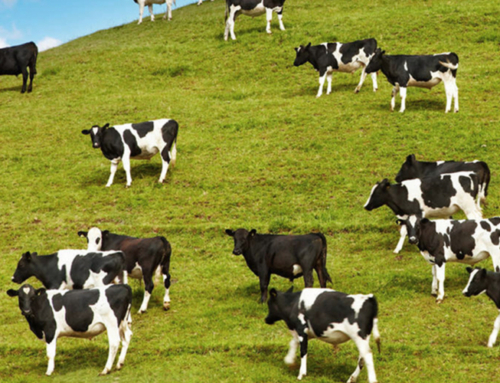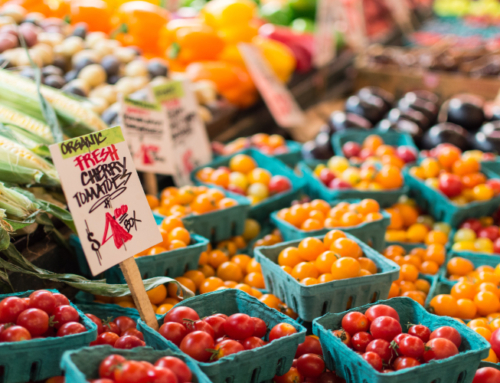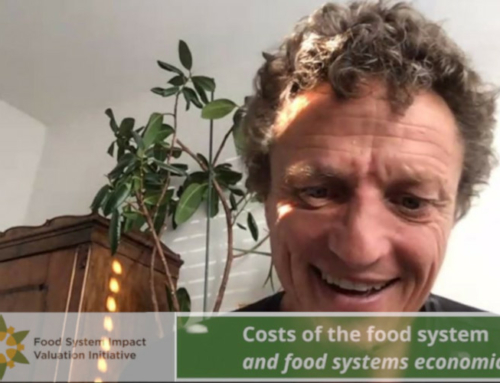The new FoodSIVI report, Valuing the Impact of Food, provides a pathway towards costing the impact of getting food on our plates, which include diet-related disease, poverty and use of natural resources.
The area of food economics is undeveloped compared with climate economics despite the fact that agricultural, development and health economics are all highly developed fields. While carbon accounting had succeeded in linking businesses and individual activity to climate impacts, there are no formalised links outside of carbon between economic activity in the food sector and the impacts that largely result from private activity in the production, manufacturing, and consumption of food.
“Despite being a valuable sector, the global food industry creates negative societal, environmental and health impacts or externalities,” says Dr Steven Lord, author of the report. “These are not costed into the market value of food. The global footprint of food is huge: 30% of CO2-equivalent emissions, 70% of freshwater use, 50% of habitable land-use, over 50% of synthetic nitrogen production and phosphorous use, 66% of the 740 million people living in extreme poverty globally are agricultural workers, 33% of adults obese and 12% of the global population hungry and undernourished.
To put the costs of this footprint in context: COVID-19 is estimated by the International Monetary Fund to deflate the global economy in 2020 by 5% with a 5.4% recovery in 2021 and is likely to average out over 5 years to a 1% annual depression of global GDP. The impacts of the global food system, on present trajectory, are potentially depressing the global economy on average on a similar scale every year for decades.”
Key points from the Valuing the Impact of Food report include:
- A call for a consortium of intergovernmental and institutional actors and experts to collaborate with the food sector to standardise quantities associated to impact and develop costings that will better reflect the mid- to long-term economic damage sustained from current activity.
- Those with wider exposure to food system impacts than food sector companies and consumers – such as Government and – in the private sector – financers and reinsurers, are more likely to catalyse the needed change in the food system.
- Abatement costing should be developed, to move beyond a reboot of the ‘polluter pays’ principle and identify where the ‘polluter’ payments should be directed in order to maximise human and social welfare. The creation of a merit order of products and practices needed to achieve reduction targets would lead, implemented over decades, to radical changes in agricultural subsidies and tariffs, incentivises for land management, and market opportunities for sustainable and healthy products.
- Society is bearing, or will bear, many of the impacts of current production and consumption in the food sector. Due to the high uncertainty in the cost of those impacts, considerable risk is being transferred to society from business and individual activity. There is a strong argument that society should consider a risk premium to cover this transfer of risk.
Read the Executive Summary or download the full report
Post by Steven Lord and Eleanor O’Kane. Dr Steven Lord is Researcher in European Food Futures in the Environmental Change Institute at the University of Oxford and leads the Food System Impact Valuation Project.







